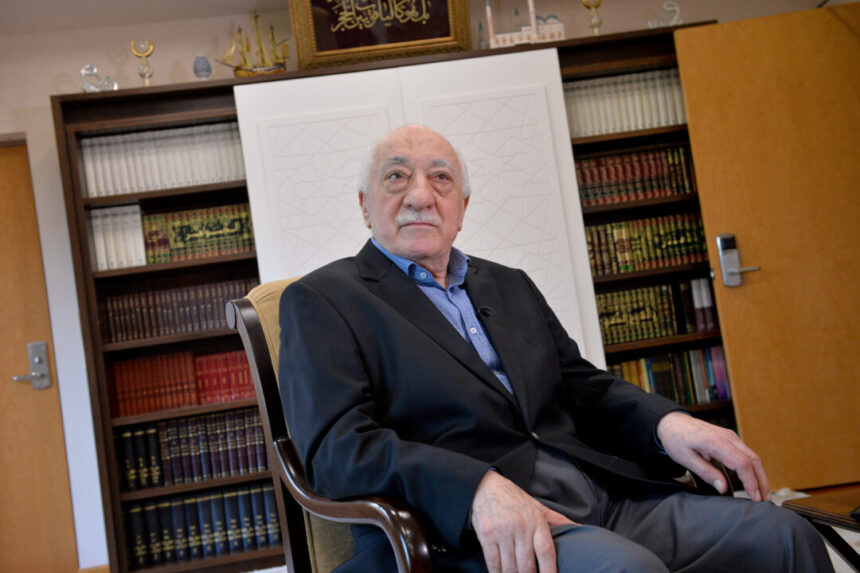Fethullah Gulen, the U.S.-based cleric known for building a powerful Islamic movement in Turkey and beyond, has passed away at the age of 83. Gulen, who faced accusations of orchestrating a failed coup against Turkish leader Tayyip Erdogan, died in a U.S. hospital where he was receiving treatment, as reported by the Herkul website.
Once an ally of Erdogan, Gulen and Erdogan had a falling out, with Erdogan blaming Gulen for the 2016 attempted coup. Despite living in self-imposed exile in the United States since 1999, Gulen denied any involvement in the coup, although his movement was labeled as a terrorist group by Turkey.
Foreign Minister Hakan Fidan confirmed Gulen’s death, stating that Turkey’s fight against Gulen’s organization would continue. Gulen’s movement, known as “Hizmet,” aimed to promote a moderate form of Islam that advocated for Western-style education, free markets, and interfaith dialogue.
Since the failed coup, Gulen’s movement has been dismantled in Turkey, and its global influence has waned. Born in 1941 in Turkey, Gulen rose to prominence as a preacher and established a network through education, business, media, and state institutions.
Following tensions with Erdogan in 2013 and the subsequent corruption investigations, Gulen’s movement was targeted by Turkish authorities, leading to a crackdown on his followers. Erdogan described Gulen’s network as traitorous and vowed to eradicate them.
In the aftermath of the coup attempt, thousands of people were arrested, and state workers were suspended under emergency rule. Gulen, who had been sought for extradition by Turkey, resided in the United States until his passing.
Despite the controversies surrounding him, Gulen remained steadfast in his denial of involvement in the coup and expressed his commitment to staying in the United States. His death marks the end of a chapter in Turkish politics and the ongoing struggle between his followers and the Turkish government.
By Daren Butler
Please rewrite this sentence.
Source link





